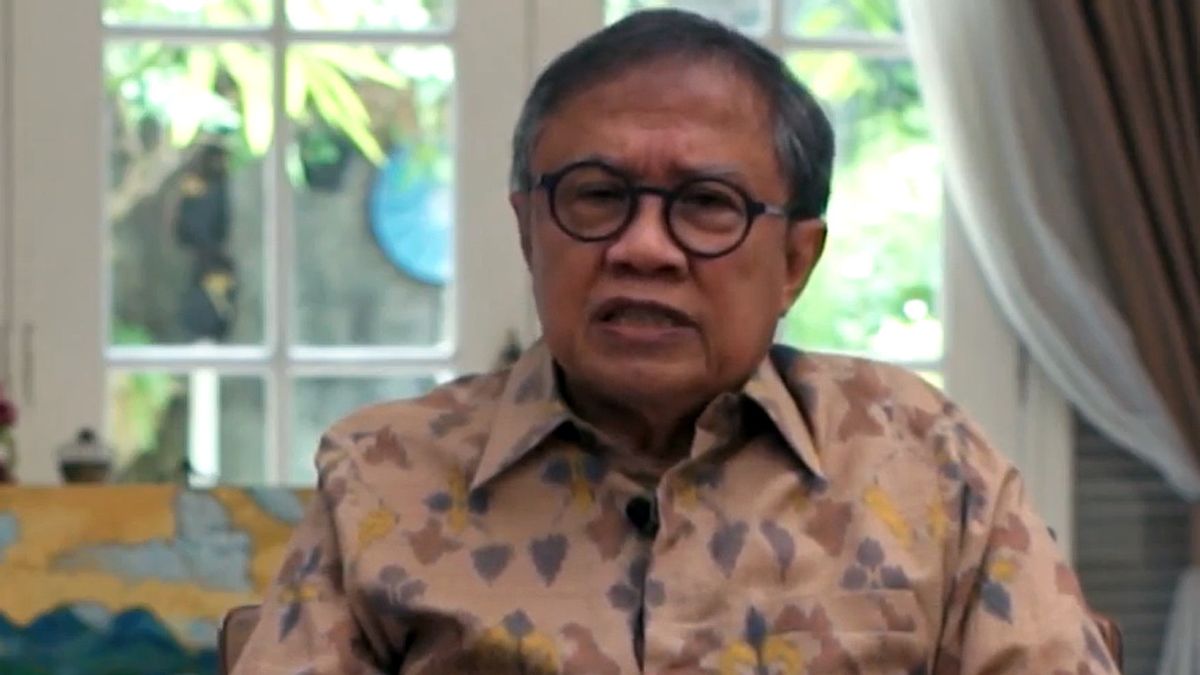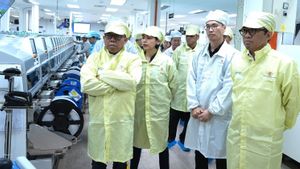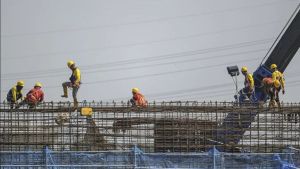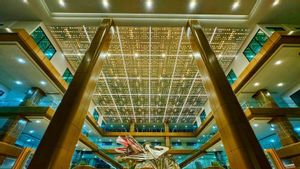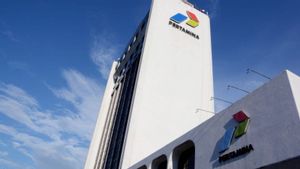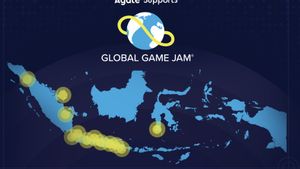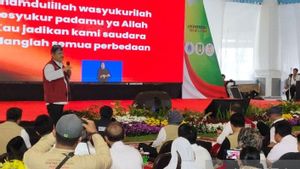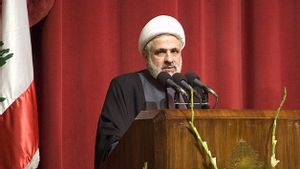JAKARTA - A surprising statement came from Dr. Dipo Nature. The former Cabinet Secretary (Seskab) of the United Indonesia Cabinet II assessed that there was a lot of corruption in the fertilizer subsidy program
"The fertilizer subsidy has actually become a source of corruption at the center and the regions. Industrial politics has been abandoned. Extraordinary KKN has occurred in fertilizer subsidies," said Dipo in a discussion with the Institute for Research, Education and Economic and Social Information (LP3ES) through the Twitter space platform @djrachbini entitled "Politics National Industry and Downstream Program”, quoted by VOI, Tuesday, 8 February.
Dipo compared the condition of fertilizer subsidies at the time. Dipo said that there used to be Kuntoro Mangkusubroto, an ITB system expert who created UKP4 which could monitor the agricultural sector, so that Regents, Village Heads, and political parties driven by oligarchs could not play with fertilizers.
"Obviously, corruption and KKN must be eradicated if we want to build a good system," he said.
He mentioned that the roadmap for industrialization in Indonesia was actually made during the era of President BJ Habibie's leadership. However, it stopped and disappeared after BJ Habibie was no longer in office.
According to him, in Pak Harto's era, despite the existing shortcomings, the handling and attention to the agricultural and fertilizer sectors was extraordinary. Industrial politics to agricultural mechanization by building a fertilizer industry, NPK, all have concepts.
"Pak Harto has complete statistical data on the agricultural industry," Dipo explained.
Ironically, continued Dipo, after political reform, industrialization was abandoned.
On the same occasion, INDEF Researcher, Dr. Eisha M. Rachbini revealed the results of research on industrial downstreaming in Indonesia, that the important point that must be noted is that with the ownership of abundant natural resources, Indonesia must be able to find ways so that abundant natural resources can be processed by domestic processing industries and create value-added products. tall.
“We don't just rely on exports of raw materials, which depend on the volatility of commodity prices abroad. For example, economic growth in the fourth quarter is dependent on raw materials and natural resources, where prices on the international market are rising rapidly.” he said.
On the other hand, LP3ES Researcher Dr. Fachru Nofrian revealed that the only economic strategy that could result in accumulation was downstreaming and industrialization.
“Unfortunately, in Indonesia, downstreaming appears but does not have a qualified industrial policy, so industrialization does not occur. During the New Order, Indonesia's economic growth was indeed a high average of 7 percent, but there was no industrialization. The rate of economic growth occurs but there is no industrialization.” he said.
The main challenge in industrial politics in Indonesia, continued Fachru, is that there is a paradox that industrial politics should be able to overcome. "Industrial politics must be able to sort out which are the paradoxical traps for industrialization, which ones will bring downstream which contains the content of the industrialization process." Fachru said.
The obstacles that always arise in industrial politics are because they are too finance oriented. So that the indicators that appear are often misleading or misguided by the financial sector. It is as if an accumulation of growth has been created, but it is not. Finance creates the wrong target.
Facru also stated that industrial politics that is directly dependent on exports, let alone only depends on international commodity prices, will not grow the domestic economy because it will be out of balance.
"Direct export of raw goods will not create a surplus and accumulation, even in the end industrial politics will be oriented to monetary policy." he said.
The English, Chinese, Japanese, Arabic, and French versions are automatically generated by the AI. So there may still be inaccuracies in translating, please always see Indonesian as our main language. (system supported by DigitalSiber.id)
